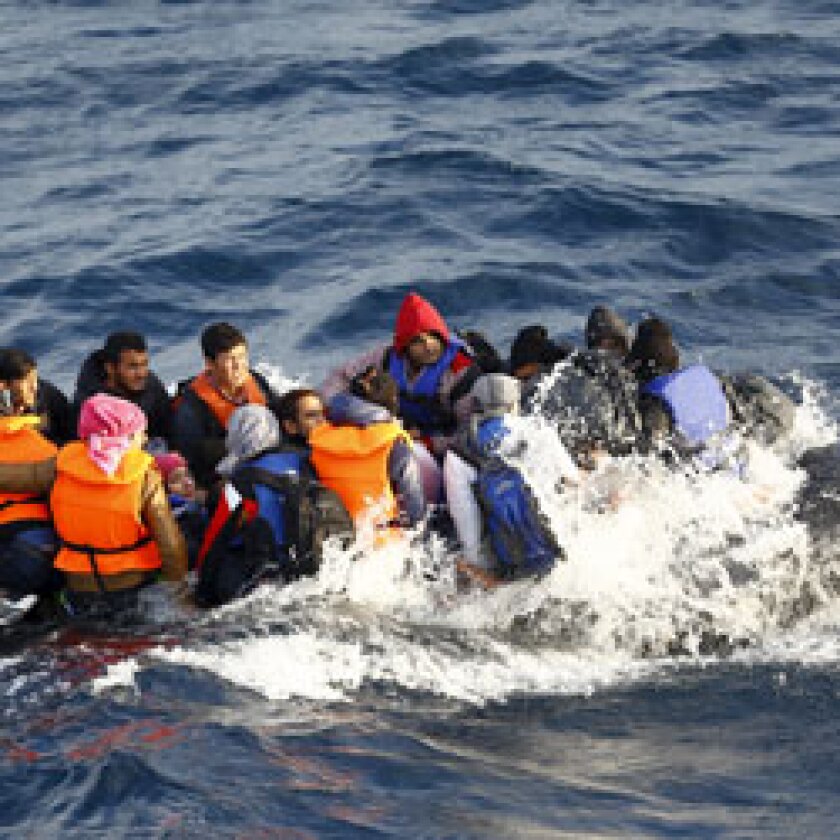“It’s the biggest threat to European cohesion for a couple of decades,” said Graham Bishop, a consultant on European integration. Citigroup researchers last year called the issue “an existential challenge to the EU”.
Turkey has agreed it will take back people who travel by boat to Greece, in return for money, visa concessions, and Europe accepting as many migrants in an orderly way from Turkey.
That has cut refugee arrivals in Greece, from thousands a day to dozens. “So far, so good — except for the Davutoglu resignation,” said Bishop.
Turkey’s premier Ahmet Davutoglu, who had negotiated the EU deal, stepped down last week in what was widely seen as an expulsion by President Recep Tayyip Erdogan.
The president’s relations with Europe are fiery and the risk of either side losing patience with the deal is high.
More fundamentally, countries such as Italy and Greece where most migrants arrive — and those like Germany and Sweden where most want to settle — need a co-ordinated European solution to share the burden. But few countries are willing to do much to help.
The brunt of one of the worst refugee crises for years is being borne by the neighbours of Syria, whose civil war is in its sixth year.
“We have 4.8m Syrian refugees registered in neighbouring countries,” said Andrej Mahecic, spokesman for the UN High Commissioner for Refugees in London. “Turkey has 2.75m, Lebanon more than 1m, Jordan more than 600,000.”
That compares with the 1m Syrians who have applied for asylum in Europe since 2011, of whom 62% are in Serbia, Kosovo and Germany.
Europe has so far been less willing to absorb refugees than the Middle Eastern countries, and individual states’ radically different attitudes have weakened solidarity in the union.
RISE OF THE RIGHT
The political strain ratcheted up again on Monday when the issue caused the downfall of Austria’s chancellor, Werner Faymann. He had lost support on both wings of his Social Democratic party, by first following German chancellor Angela Merkel in trying hard to accommodate refugees, and then reversing course.
Peter Brezinschek, head of economics at Raiffeisen Bank International in Vienna, said the coalition with the centre right People’s Party was unlikely to fall. “Both sides have too much to lose from a new election,” he said.
Austria is on the front line of the rise of the far right — Freedom Party candidate Norbert Hofer topped presidential polls in April and faces a Green candidate in the May 22 run-off.
Immigration — including about 80,000 non-natives entering Austria last year — may be helping the economy. Andrew Wishart at Capital Economics forecasts that Austrian growth will pick up this year and next, largely because of this boost. But the political tide in the country is against refugees.
The EU has made some good decisions, Mahecic said, such as on burden sharing and relocation, adding “if only half were implemented, the situation on the ground would be much different.”
But the concerted joint effort the UNHCR has called for is lacking, leaving Europe vulnerable to political fragmentation. “Let’s find a solution,” argued Brezinschek. “Every country acting on its own like this is ridiculous.”
